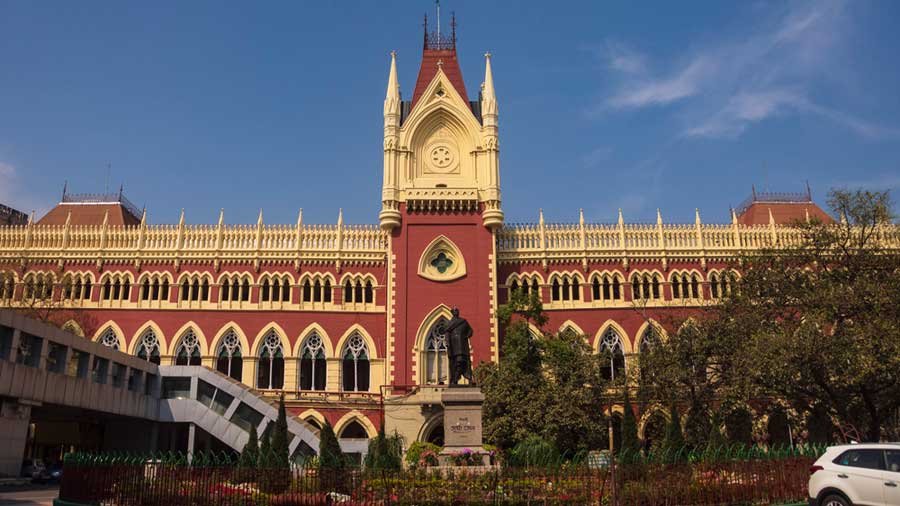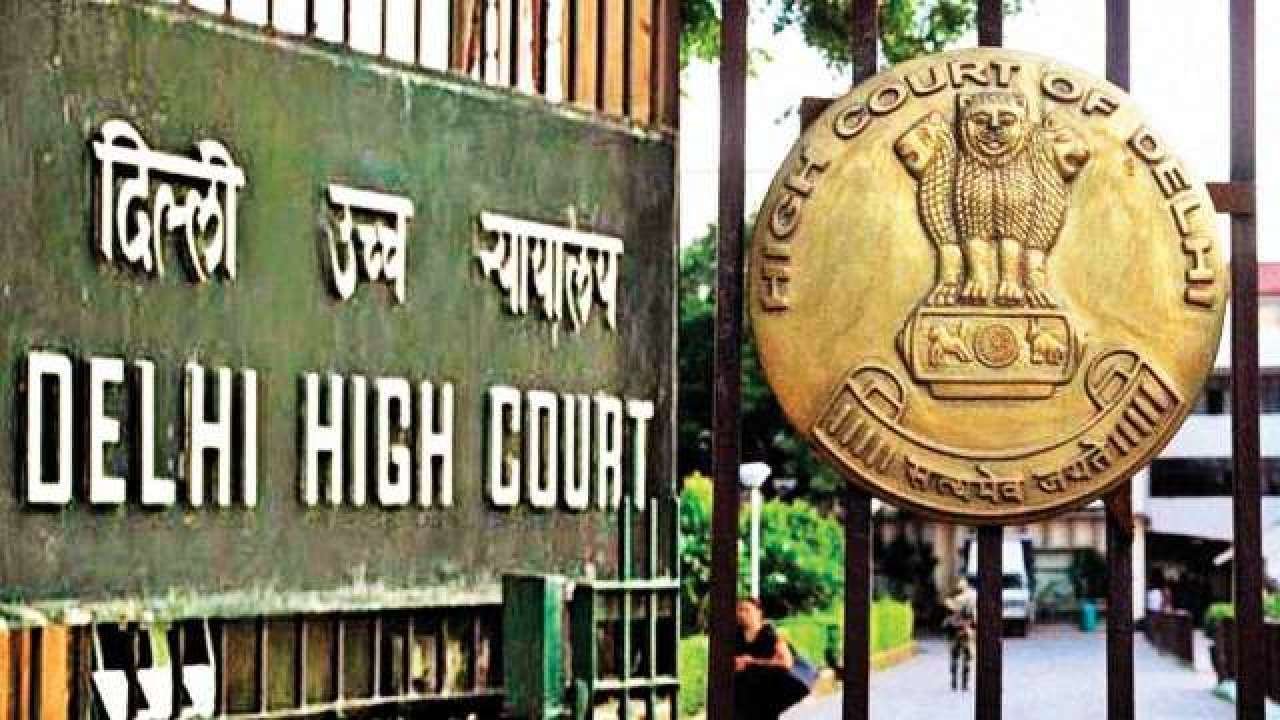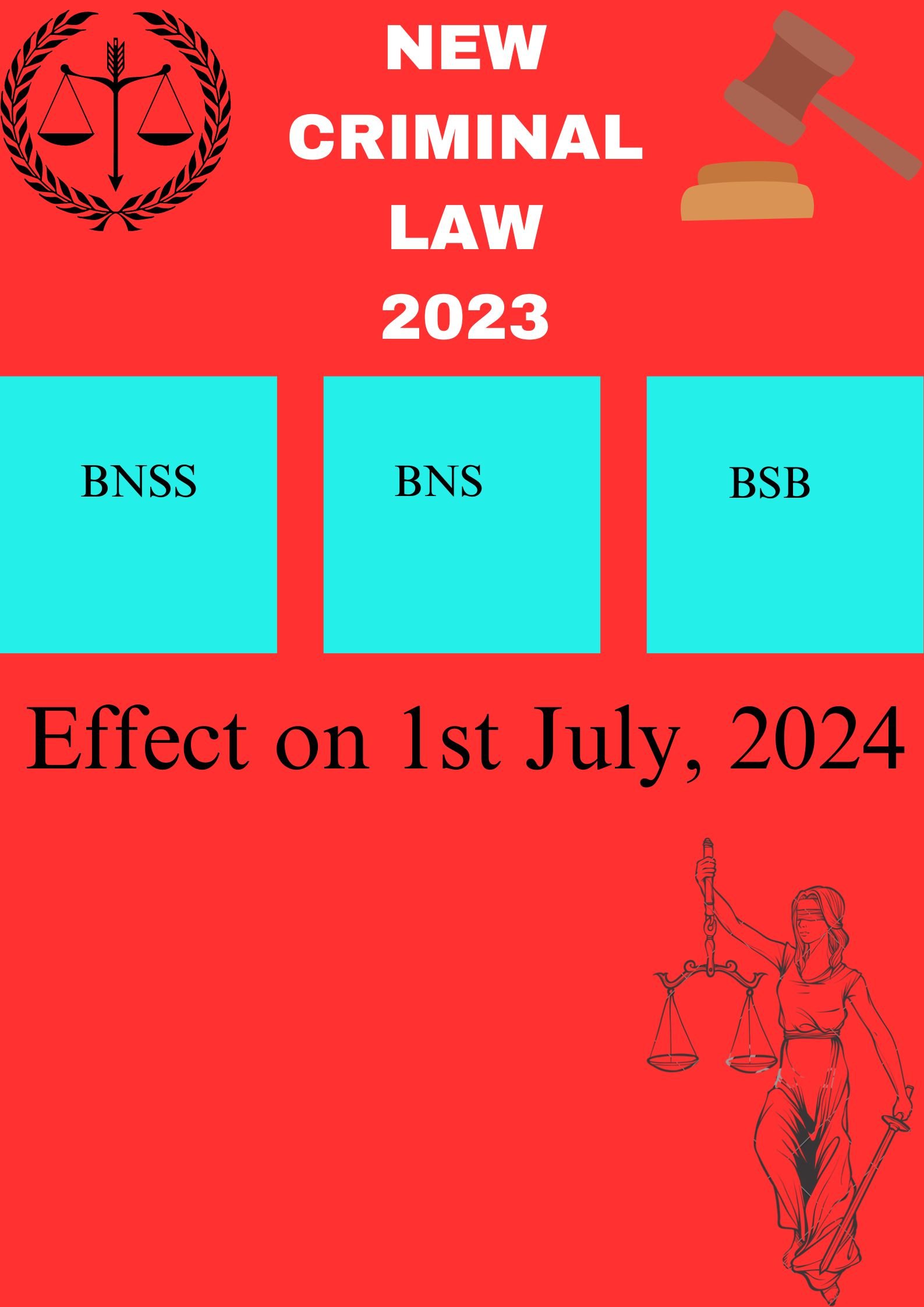“Having a fundamental right of right to freedom of speech and expression into an individual does not confer such right in absolute form if it tarnishes the image and reputation of a person,” the Court said.
The Calcutta High Court has recently emphasized that the right to freedom of speech does not grant the right to publicly tarnish someone’s reputation.
Justices Harish Tandon and Prasenjit Biswas reiterated that while freedom of speech and expression is a fundamental constitutional and human right, it is not an absolute right.
The judicial panel emphasized, “Having a fundamental right to freedom of speech and expression does not give such a right in absolute form if it hurts the image and reputation of a person, which he owes to society. Therefore, a balance is needed in this area.”
The court underscored the societal importance of an individual’s reputation and stressed that any attempt to harm that reputation with baseless and false allegations should be restrained. The court’s order dated October 18 noted, “The reputation of a person is one of the primary factors that weigh in on society, and any attempt, either by a spoken word, publication, or letter circulated through an internet portal based on an unsubstantiated and false allegation, can be restrained.”
The court referred to the Supreme Court’s observations in the 2016 case of Subramanian Swamy vs. UOI, reiterating that “freedom of speech cannot be considered so virtuous that it destroys another person’s reputation.”
These statements were made in response to a petition filed by Soumendra Kumar Biswas, the director of IFB Group. Biswas sought a restraining order against the defendants who claimed to represent a forum of IFB Group investors.
In 2015, the defendants had filed a formal complaint against Biswas, accusing him of engaging in various unlawful activities. However, in 2017, investigators found all allegations to be baseless and filed a closure report.
Subsequently, the decision to dismiss the case for lack of evidence was challenged before the High Court. The court also denied the defendants any relief.
Following this, the defendants disseminated a letter containing “scurrilous” allegations against Biswas, claiming that he had malicious intentions and had filed false cases against them to jeopardize their case. In response, Biswas filed a motion with a session court to prevent the defendants from making such statements. However, the lower court declined to issue an injunction, believing that Biswas could be adequately compensated through monetary payment.
The High Court disapproved of the trial court’s approach, pointing out that a restraining order could have been issued in the matter. The High Court emphasized that although monetary compensation was sought, there was no impediment for the Court to grant an injunction as the ongoing harm had a more significant impact on a person’s reputation in society and among their acquaintances.
Consequently, the High Court issued an ad interim injunction order, prohibiting the defendants from sending any physical or electronic correspondence to Biswas for ten weeks or until further orders.
Biswas was represented by attorneys Jishnu Chowdhury, Souradeep Banerjee, SK Banerjee, and S Sinha.



